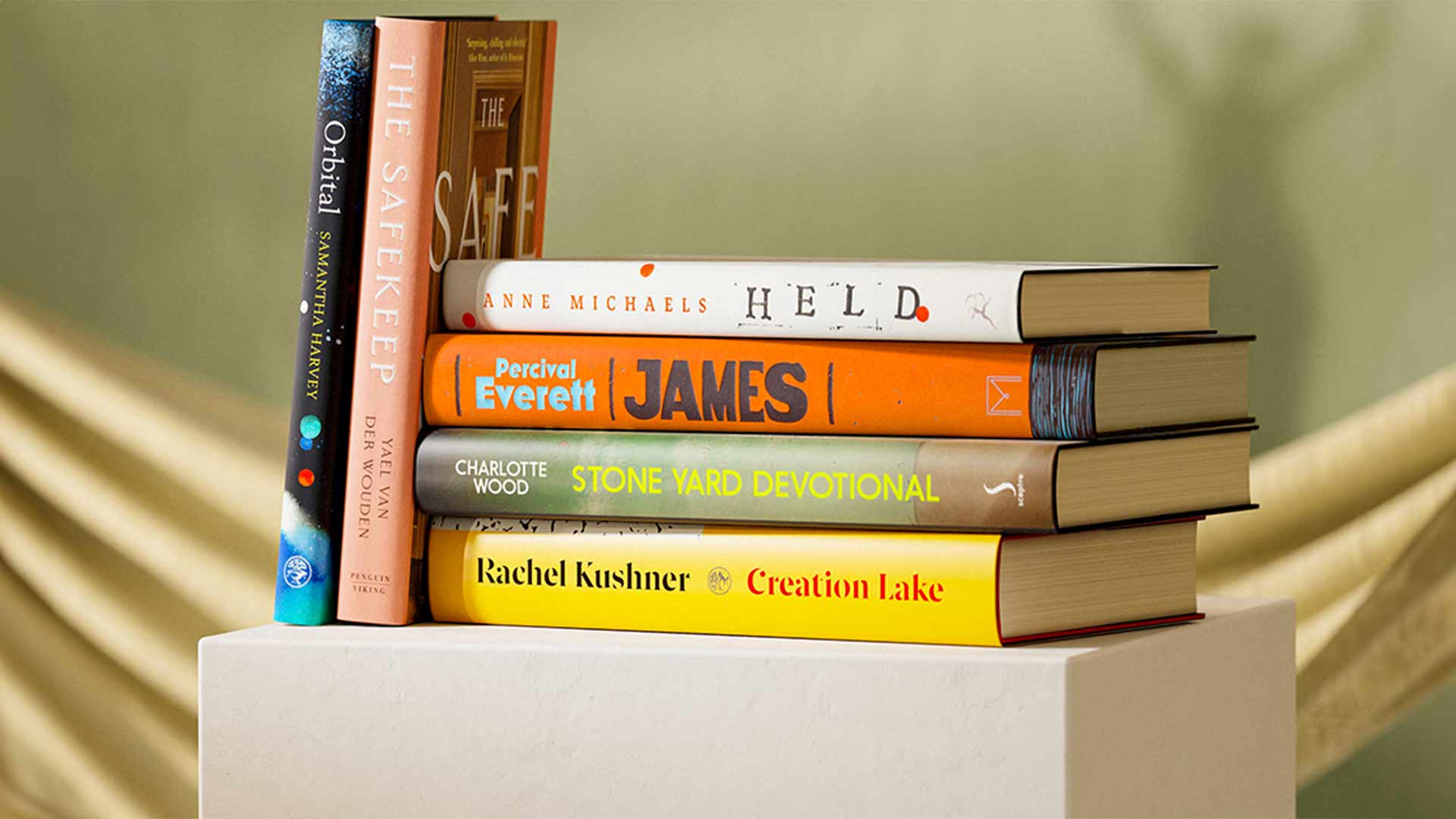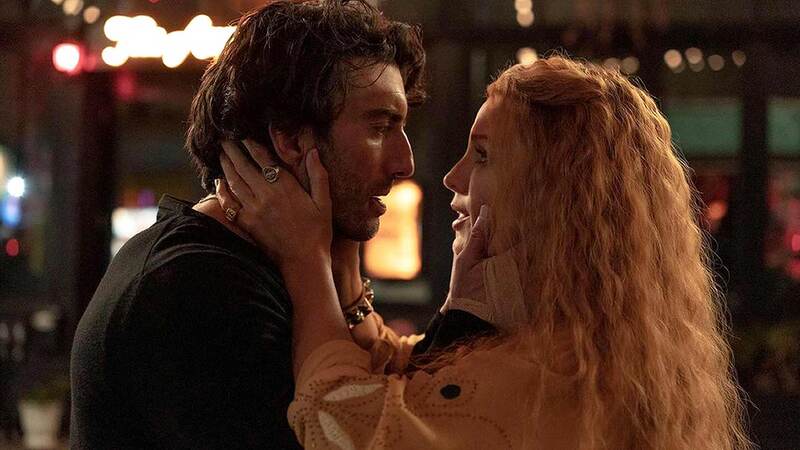You are viewing your 1 free article this month. Login to read more articles.
Gravity
This week, the Booker Prize was awarded to Samantha Harvey’s Orbital (Jonathan Cape), the first time a book set in space has won the award.

This week, the Booker Prize was awarded to Samantha Harvey’s Orbital (Jonathan Cape), the first time a book set in space has won the award. It will be a popular winner: the last time a paperback won the prize it saw sales increase 880% week on week and then spin on. As it happens, Orbital was already the bestselling book on the shortlist—and the shortest—and so it is little wonder both its publisher and booksellers are expecting lift off. Sorry.
The Booker is pre-eminent among the literary prizes, and this year the ceremony, held at Old Billingsgate on 12th November, leant into that with a real confidence and, dare I say it, a touch of swagger. Both the Booker Prize Foundation director Gaby Wood and last year’s winner Paul Lynch emphasised the “Booker bounce” in sales and impact. Wood, in particular, detailed what else the prize does, from the many film and television adaptations made from winning and shortlisted books to the Nobel Prize in Literature winners previously crowned by the International Booker.
This was the best Booker ceremony I’ve attended for many years: the award has grown back into itself, after its post pandemic wobble. The crowd was the right mix of authors, publishers, booksellers and celebrities, and the evening felt exuberant, which, given it was just a week after the US election, was remarkable. Harvey alluded to the “imperfections of the world we live in today” and dedicated the win to those who speak for the earth and work for peace but, like the writer’s orbiting astronauts, we were distanced and insulated in the moment.
The Booker has built an enviable structure that has raised up books and their publishers to almost unimaginable heights
The real coup, though, may be the least-talked-about aspect of the evening, with BBC director-general Tim Davie’s surprise appearance on the stage, extolling his virtues as a lover of books (as always), but also reaffirming the Beeb’s commitment to its literature programming, taking the moment to reference the successor to Radio 4’s already much missed “Open Book”—“Take Four Books”, which will be produced in Scotland. Davie did not convince everyone. However, that he was prepared to publicly front-up at such a gathering was important.
His appearance was also a signal of reach and intent by the Booker, as was last year’s address from Nazanin Zaghari-Ratcliffe, and Baroness Lola Young this time around. Prizes can be a useful platform for protest, Wood wrote in an essay published for the prize’s 50th anniversary in 2018, referencing John Berger’s speech in 1972 when he chose to give half of the prize money to the British Black Panthers. For half a century now, the Booker has built an enviable structure that has raised up books and their publishers to almost unimaginable heights, giving writers the foghorn through which, as Wood wrote in her piece, reveal their “habits of thought”. In Orbital,
the astronauts realise that their distance from the earth does not actually limit their engagement with the planet they look down on. They are not neutral. From its lofty heights, the Booker may have reached a similar conclusion.















